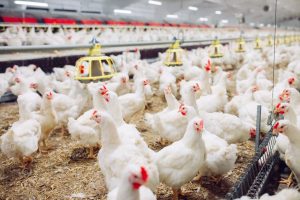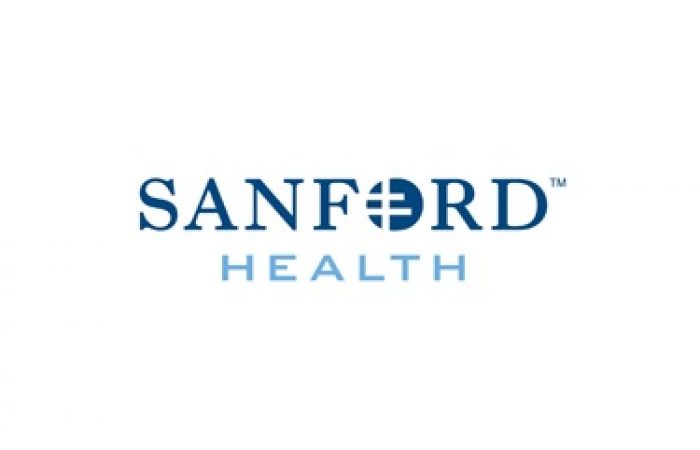IARN — The latest farm bankruptcy data offered mixed news.
Farm bankruptcies rose eight-percent over a 12-month period, June 2019 through June 2020. Chapter 12 filings, however, slowed in the second quarter. John Newton, American Farm Bureau chief economist, speaks to contributing factors.
“The stimulus provided in the CARES Act, be it forbearance on loans, Payment Protection Program (PPP) funding, or direct payments to agricultural producers, was a contributing factor that helped slow Chapter 12 bankruptcies,” Newton says. “The other factor, (which) is overlooked a bit, is trying to do bankruptcies virtually because of COVID-19. Overall bankruptcies, across all chapters, were down nearly 40-percent. It makes sense to see Chapter 12 see a similar decline.”
Iowa’s agricultural producers collected nearly $700 million in Coronavirus Food Assistance Program (CFAP) payments, according to data compiled by Farm Bureau.
“All of (those) efforts to stimulate the macro economy and farm economy helped. With their concentrate of livestock operations, as well as being the nation’s largest corn and soybean producer, Iowa lead the nation in terms of CFAP benefits,” Newton said.
Farm bankruptcies have increased, but still remain historically lower than where they were in the 1980s, Newton admits. He feels it is “an alarming trend that has moved in the wrong direction.” Netwon says additional relief could help prevent additional bankruptcy filings.
“Think about the stimulus we provided, going back to the CARES Act in March. If we don’t see similar efforts, my fear is that we could see increased financial pressure continue. We have new crops that have seen prices erode significantly due to demand destruction (and) we’re not yet on the other side of the coronavirus,” Newton said.












